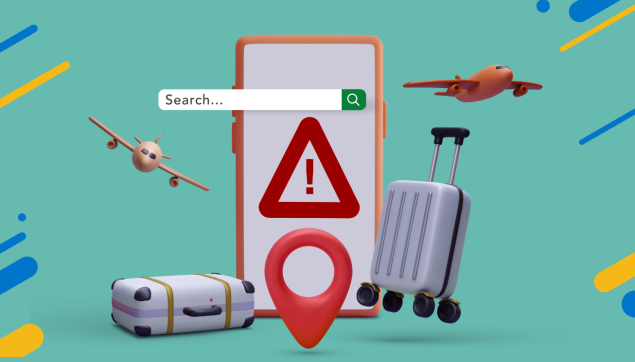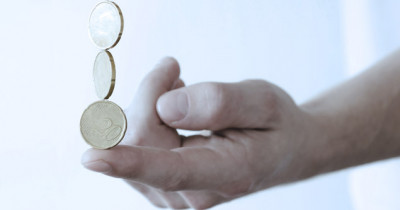Avoid being scammed on holiday

Last updated on 3rd May, 2024 at 01:34 pm
You have just arrived back at your hotel after an exhilarating day of sight-seeing. You drop all your bags on and reach for your phone, only, it’s nowhere to be found. Unfortunately, many of us have been prey to travel scams, especially in foreign places. Arm yourself with the knowledge to avoid these cons on your next adventure.
Reading time: 3 minutes
In this article you’ll learn:
- Common travel scams that tourists experience when travelling.
- The red flags to look out for when touring.
- Practical ways to avoid getting scammed.
What are the most common scams out there?
Travel scams involve tricks meant to confuse and misinform tourists, taking advantage of the language barrier or friendly gestures in order to manipulate and steal. “Scammers are constantly coming up with new tricks and ways to con people,” says Lauren Brink, South African Specialist at First Class Holidays UK.
The most common travel scam is pickpocketing. This is when thieves take your cell phone, wallet, or valuables without your knowledge, only for you to find out much later when the item is missing.
Another popular scam is the taxi metre. Taxi drivers wait near airports and hotels for tourists needing transport and then alert them that the metre is broken, and they need to pay exorbitant fees for the ride.
ATM skimmers will offer to assist you with drawing cash at an ATM, explaining that the machine is broken. They will then get you to provide your details or place your card into a skimmer.
And when it comes to booking accommodation, you can never be too careful. Scammers pose as hotels or B&Bs online but in reality, they don’t exist and you are conned out of your money and a place to stay.
3 signs to watch out for when travelling
1. Unusual requests
Never give out any of your personal information to individuals when travelling. Locals can pose as authorities to try to get you to provide passwords, pins, or banking details.
2. Unsolicited offers
It can be tempting to accept the help of a seemingly friendly stranger in a foreign place, but this is the last thing you should do. “If someone spills or messes something on you, don’t let them help to clean the spill or mess,” explains Brink. “They are most likely trying to divert your attention to pickpocket you.”
3. Urgency tactics
A common sign that someone may be trying to con you is through pressure tactics. They will display a sense of urgency to get you to decide quickly, confusing you into doing something you normally might not do.
Find out 15 Crucial to-dos before travelling overseas.
How to avoid getting scammed on your travels
● Keep your valuables safe
“I recommend clients keep valuables locked away in their hotel room safe,” advises Brink. If you’re out and about, carry a small amount of cash and use theft-proof bags to carry your valuables.
● Know your personal information, but don’t share it
Don’t share any personal details with strangers. Lauren also suggests keeping your bank’s contact details on hand in case you need to stop a card and turn on notifications to see what purchases are being made.
● Stay vigilant
Know the red flags of cons and be mindful of your surroundings when travelling. It’s essential to keep a map, ensure you have data, and ask your hotel for information on fares.
Want to learn more?
We send out regular emails packed with useful advice, ideas and tips on everything from saving and investing to budgeting and tax. If you're a Sanlam Reality member and not receiving these emails, update your contact details now.
Update Now







